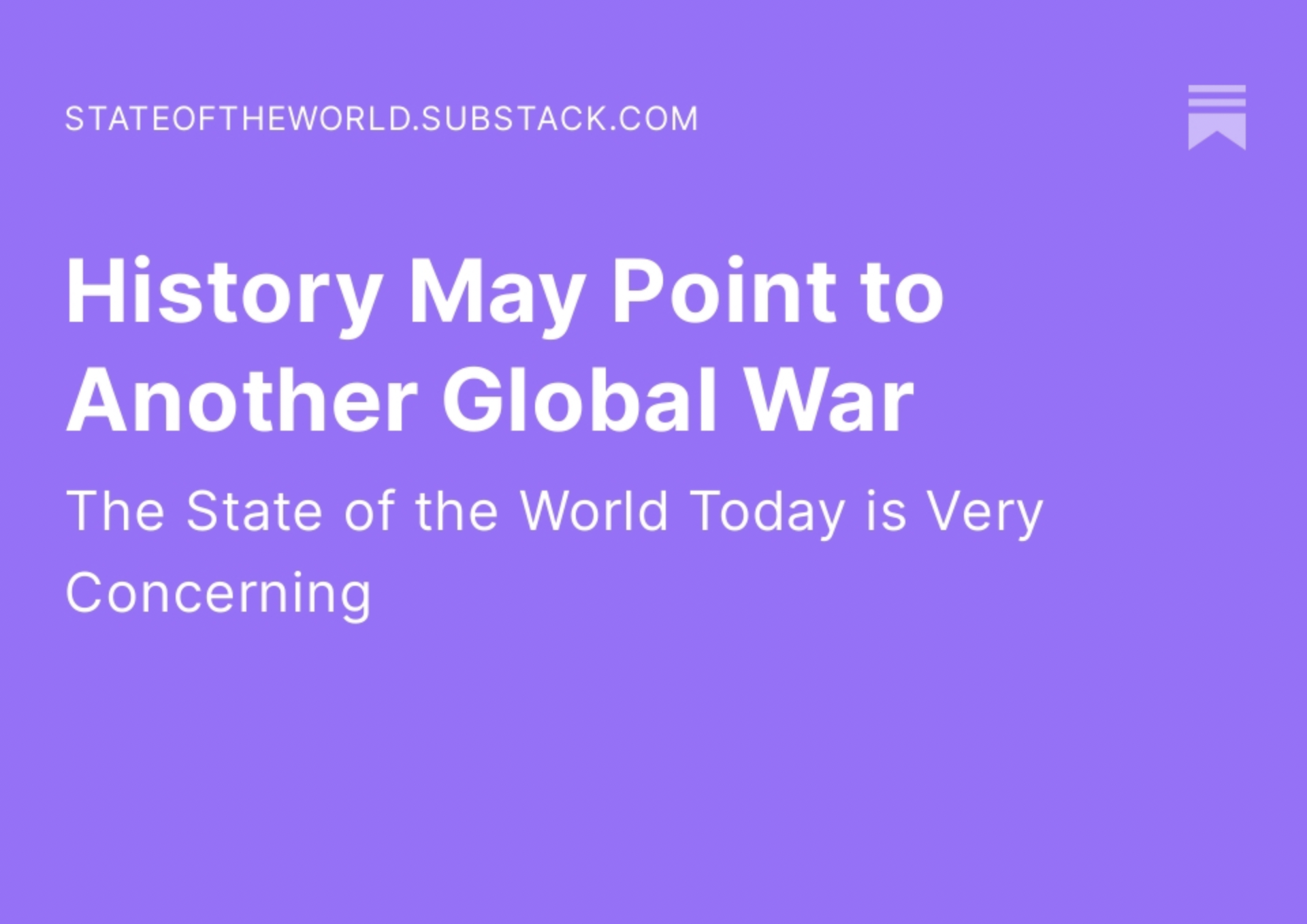D-Day Anniversary, and the Lessons World War Two Should Teach Us in 2022
D-Day Anniversary, and the Lessons World War Two Should Teach Us in 2022
June 6, 2022 will mark the 78th anniversary of the (western) Allied invasion of the beaches of Normandy, in German-occupied France. There are very few people alive today who remember that day in the crux of World War Two, but history now shows us that June 6, 1944 was the beginning of the end of Hitler’s dream of creating an empire that rejected democracy, equality, freedom, and basic human rights. What was a dream for Hitler turned into a waking nightmare for the rest of the world. Bombed-out cities, ethnic cleansing and genocide are the legacies of Hitler’s nightmare dream.
To defeat Germany, the people of the Allied nations had to sacrifice many things. France and many other nations dealt with military occupation and daily violence at home. Britain suffered severes shortages of food and fuel, while also persevering as the Germans bombed Britsh cities. In contrast, the continental United States, while fearing enemy attacks along the coasts, never had to deal with being bombed. Food and fuel were rationed, and there was a lack of consumer goods as the economy geared up for war, and, of course, families on the homefront dealt with separation, and heartache as casualty lists grew. Everyone sacrificed for the greater good, and for the eventual triumph of democracy over dictatorship and of good over evil. And, let us not forget, in very practical terms, the belief that losing or surrendering to the Axis Powers was counter to national survival.
What does this recital of sacrifice from World War Two, from a conflict over eight decades past, have to do with the world of 2022? The world today is facing shortages, some due to supply-chain issues related to COVID, some related to Russia’s aggression in Ukraine. The world is feeling the effects of Europe’s largest and most significant conflict since World War Two. Many nations are voluntarily abstaining from buying Russian oil and natural gas, while food crops normally supplied by both Ukraine and Russia will not go to market this year, possibly causing food shortages in parts of the world, and rising food prices and inflation almost everywhere.
Today, America is dealing with higher prices of gas, food, and many other foods across the board. Much of this is related to the economics of the pandemic recovery, but also in large part due to Russian aggression and the world’s economic response to the war. The U.S. is spending a lot of money (billions) to help Ukraine resist Russian aggression. The president has stated multiple times that American troops will not be sent into the Ukraine War.
Americans need to recognize that our response to Putin’s war is very similar to the situation in the 1930s and 1940s. We have a power-mad dictator who is opposed to democracy, to human rights, to the rule of law, and to being a responsible member of the family of nations. Like Hitler, Putin wishes to recreate a lost empire, regardless of how many cities he bombs or how many people he kills. The response of the world, and aof America is the proper one. Support those fighting aggression. Prevent the aggressor from succeeding. Yes, this will lead to sacrifices in the democracies of the world, but those sacrifices, higher prices on goods, in this case, pale in comparison to what the “greatest generation” endured . By whining and calling for an end to aid for Ukraine, which we start to hear from some of America’s talking heads, some of whom are clearly por-Putin, we ignore and dishonor the much greater sacrifice of our forefathers who assaulted the beaches of Normandy 78 years ago.
